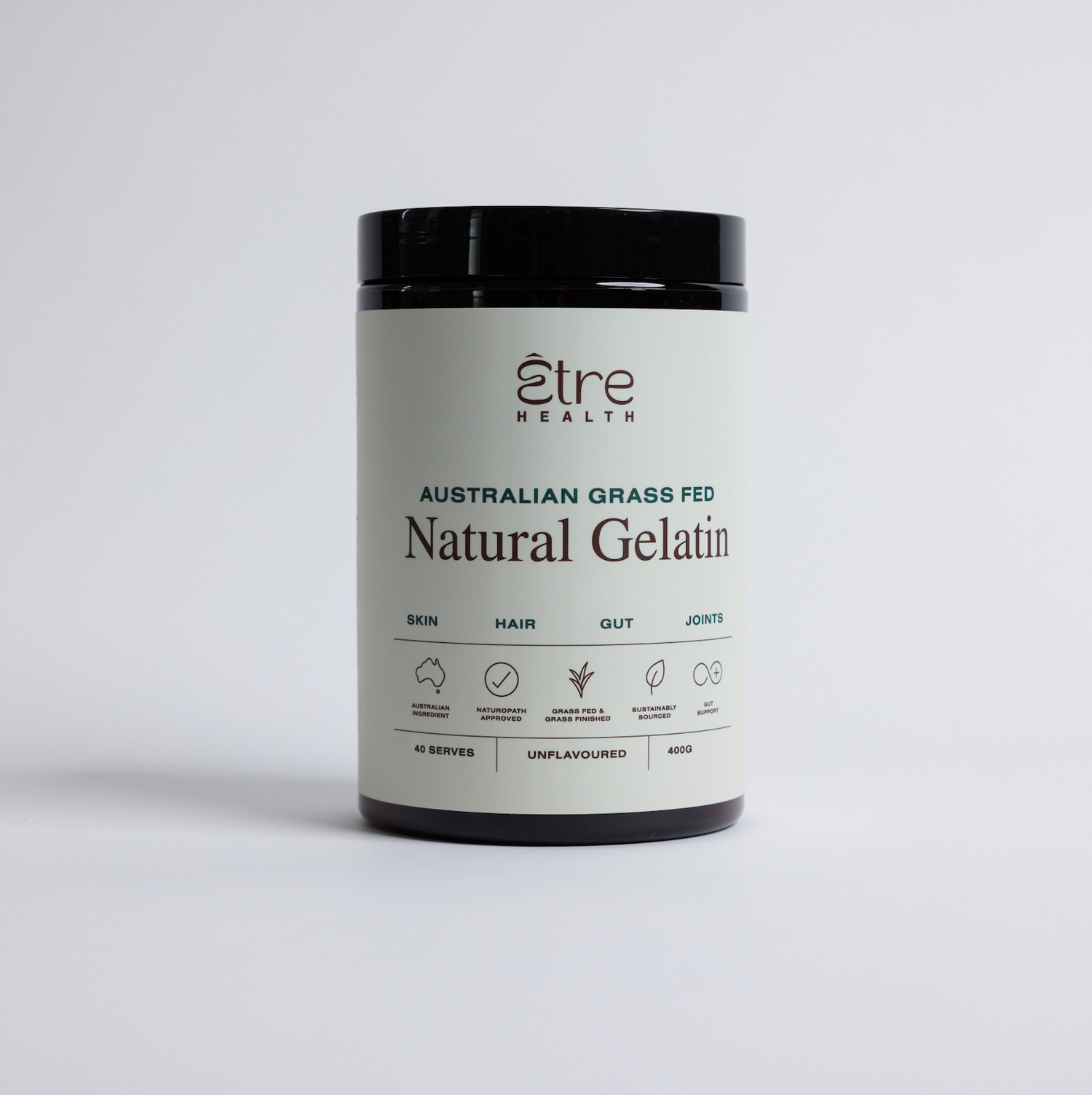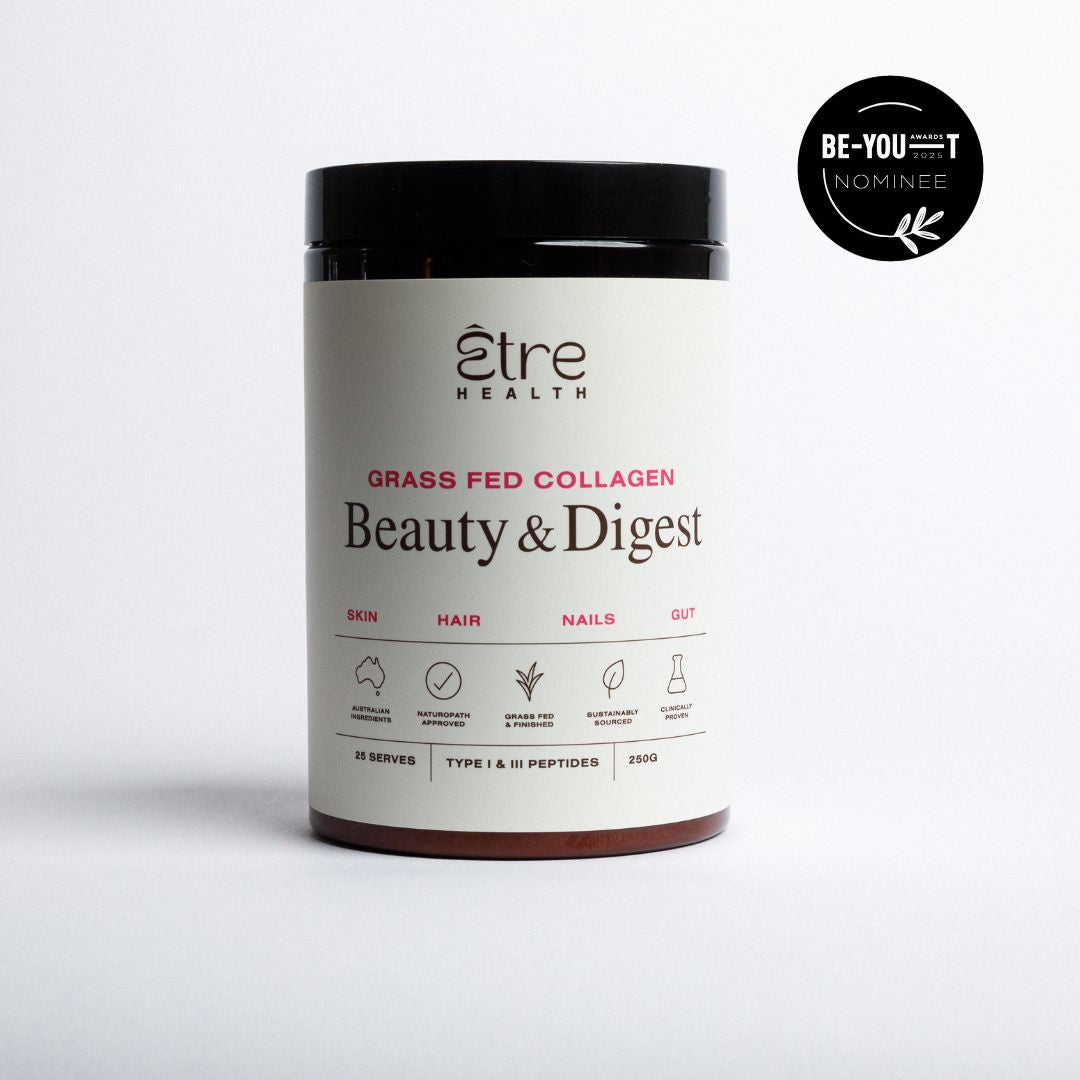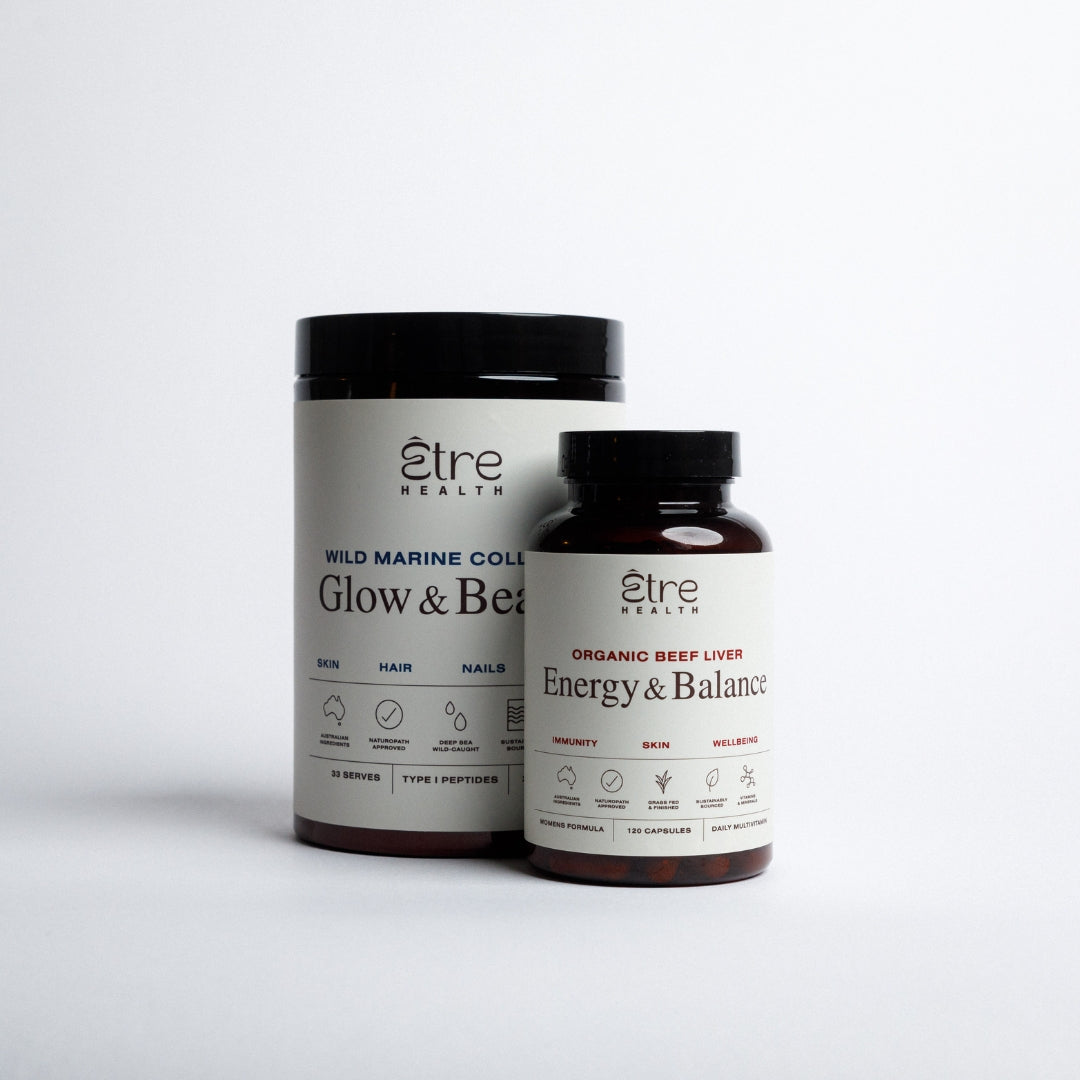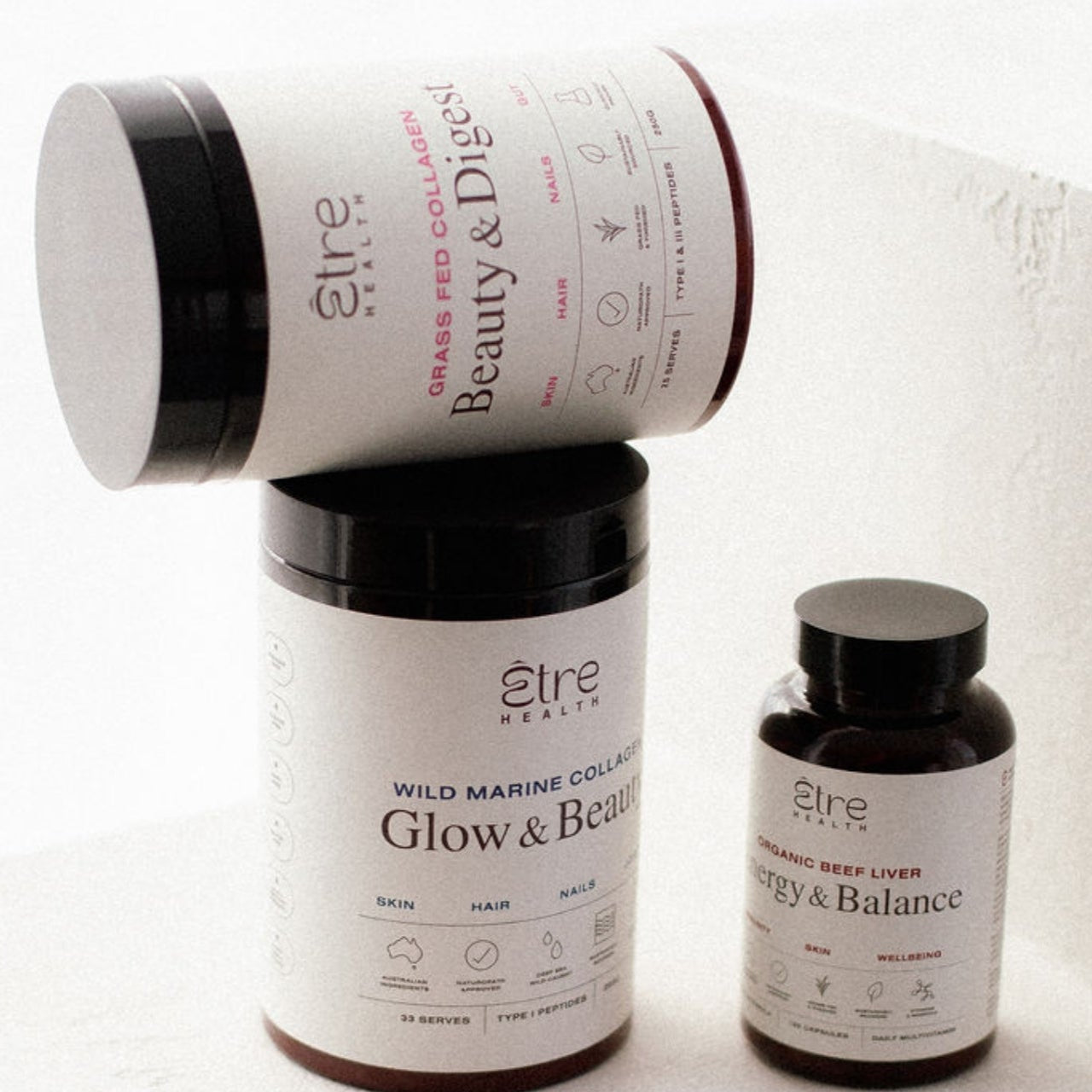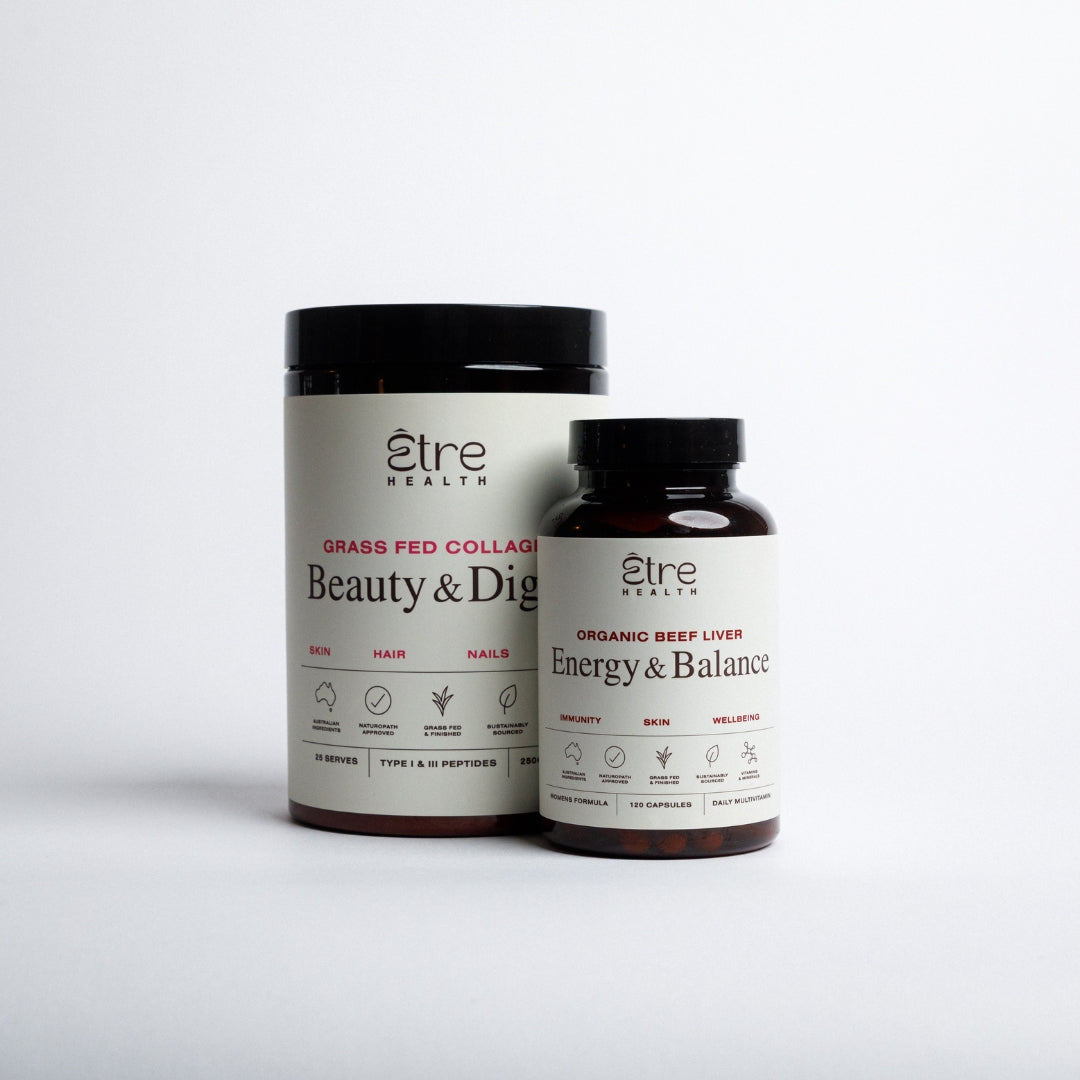Zinc is a trace mineral, which means that the body only needs small quantities in order to be healthy.
Secondary to iron, zinc is the most abundant trace mineral in your body.
Zinc is necessary for almost 100 enzymes to carry out vital chemical reactions. It is a major player in the creation of DNA, growth of cells, building proteins, healing damaged tissue, and supporting a healthy immune system.
It plays an important role in several zinc-dependent enzyme systems such as those involved in digestion, wound healing and DNA and RNA production.
This is because it helps cells to grow and multiply, adequate zinc is required during times of rapid growth, such as childhood, adolescence, and pregnancy.
Zinc is also involved with the senses of taste and smell.
Signs of Zinc deficiency
- Loss of taste or smell
- Poor appetite
- Depressed mood
- Decreased immunity
- Delayed wound healing
- Diarrhoea
- Hair loss
The role of Zinc
Zinc is known to boost T-cell production, which is an important component of the immune system responsible for fighting off infections. Low levels of zinc are connected with reduced T-cell function, which explains why those who are zinc deficient are more prone to illness, with weakened immune systems.
Zinc is important to eye health as well. Zinc is naturally found in high levels of your macula, part of the retina, and helps Vitamin A produce melanin, a pigment that protects your eyes.
Zinc is one of the most vital minerals our bodies need for health. Zinc has anti-inflammatory properties.
5 Highlights of Zinc
- It occurs naturally in foods such as Liver
- It helps maintain a healthy immune system
- It is an important nutrient for Skin health
- It has gut healing properties
- It aids in age-related macular degeneration (eye health)


